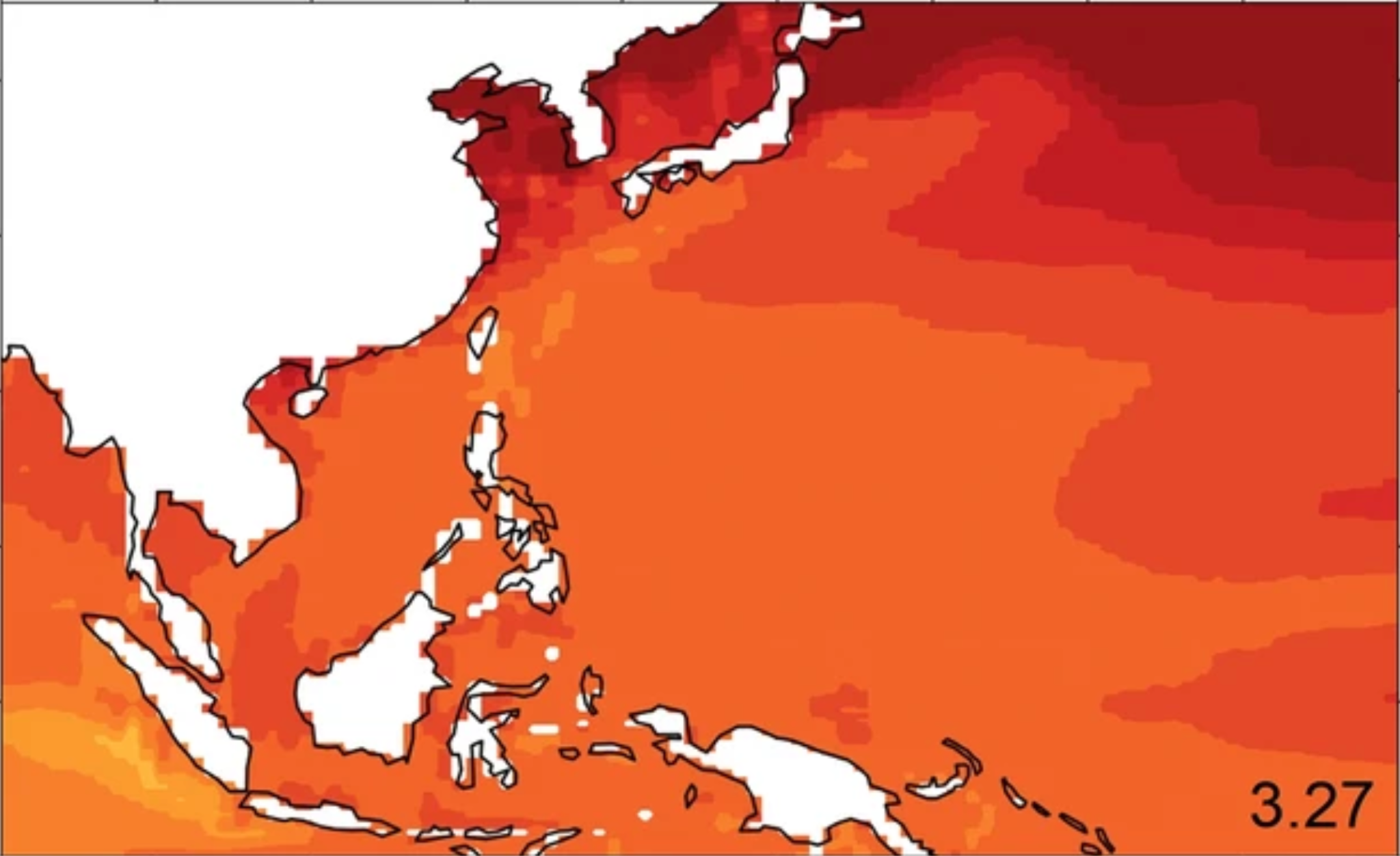Climate change to cause stronger typhoons in the Philippines, UP study says

Climate Change may cause stronger and more destructive typhoons to the Philippines in the near future, according to a study conducted by the University of the Philippines-Diliman College of Science’s Institute of Environmental Science and Meteorology (UPD-CS IESM).
The study compared the three most deadly super typhoons in recent history — 2013’s Haiyan or Yolanda, 2012’s Bopha or Pablo, and 2018’s Mangkhut or Ompong — and hypothesized potential damages that the typhoons may cause if they took place in the future, when climate is forecast to be warmer and more humid, based on multiple climate projections for the years 2070 to 2099.
According to the study, Philippine typhoons may have a higher cyclone damage potential (CDP), which factored in the size of the cyclone and wind speeds.
“The greater the CDP, the greater potential damage costs, particularly from winds,” the statement read.
“The researchers were able to conclusively link climate change to the intensification of the three Philippine typhoons mentioned in the study. They also found that future typhoons may be expected to be stronger and more damaging. The potentially faster winds and slower movement of these future typhoons could lead to them lingering longer over land and therefore causing more damage,” the study added.
Further studies revealed that a cyclone similar to Super Typhoon Yolanda may cause 37% more damage than it inflicted in 2013, while another simulation with Super Typhoon Ompong showed that maximum winds may reach 270 kilometers per hour in future climate conditions.
Meanwhile, the projections also presented a possible increase of maximum wind speeds of up to 50 kilometers per hour for future typhoons.
“Tropical cyclones of such intensity and damage potential in the future will have serious implications with the increasing exposure and vulnerability in the Philippines,” the study read.
According to the Paris Agreement of 2015, the world should limit warming to 1.5C above pre-industrial levels. Currently, the world is at 1.1C.
Global warming is mainly caused by burning of fossil fuels. At the recent Conference of Parties 28 (COP28), representatives from nearly 200 countries agreed to begin reducing global consumption of fossil fuels to avert the worst impacts of climate change. This is the first of its kind deal signaling the eventual end of the oil age.
— LA, GMA Integrated News

Need a wellness break? Sign up for The Boost!
Stay up-to-date with the latest health and wellness reads.
Please enter a valid email address
Your email is safe with us





